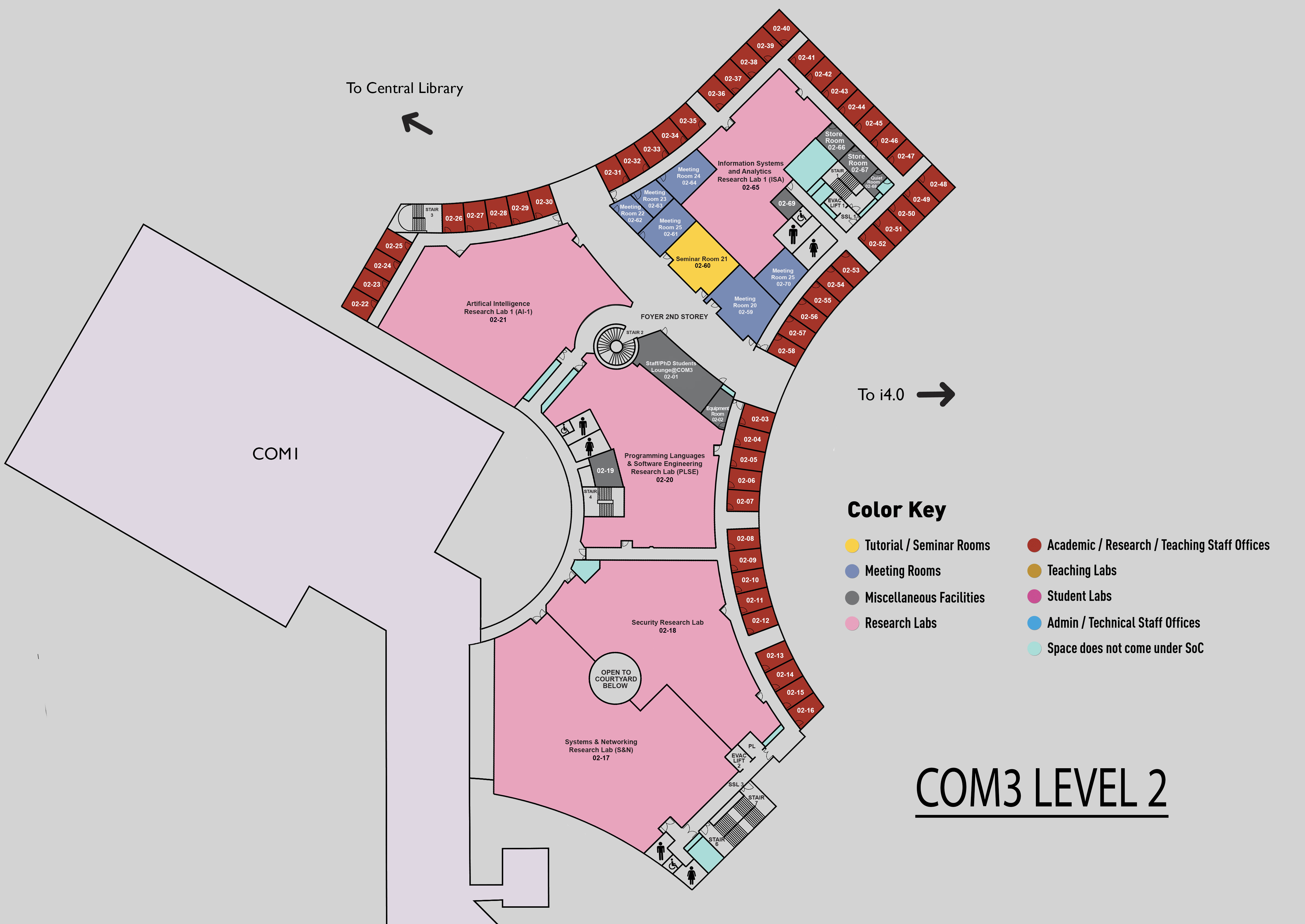A Performance Analysis of BFT Consensus for Blockchains
COM3 Level 2
MR21, COM3 02-61

Abstract :
Distributed ledgers are common in the industry. Some of them can use blockchains as their underlying infrastructure. A blockchain requires participants to agree on its contents. This can be achieved via a consensus protocol, and several BFT (Byzantine Fault Tolerant) protocols have been proposed for this purpose. How do these protocols differ in performance? And how is this difference affected by the communication network? Moreover, such a protocol would need a timer to ensure progress, but how should the timer be set? This talk presents an analytical model to address these and related issues. Specifically, it focuses on two consensus protocols (Istanbul BFT and HotStuff) and two network topologies (Folded-Clos and Dragonfly). The model provides closed-form expressions for analyzing how the timer value and number of participants, faults and switches affect the consensus time. The model’s conclusions are validated with simulation experiments. This work was done in collaboration with Chan Jun Da and Brian Yen Ren Zuo.
Biodata:
Y.C. Tay received the B.Sc. degree from the University of Singapore, and the Ph.D. degree from Harvard University. He is a Professor with the Department of Computer Science at the National University of Singapore. He has spent sabbaticals at Princeton, MIT, Cambridge, UCLA, National Taiwan University, Microsoft, Intel, and VMware. He is author of Analytical Performance Modeling for Computer Systems (Springer). His main research interest is performance modeling (database transactions, wireless protocols, Internet traffic, and cache misses). Other interests include database systems (social networks and synthetic generation of data) and the use of local time in distributed computing. He has served on program committees for ACM SIGMETRICS, ACM SIGMOD, VLDB, ICDE, IFIP PERFORMANCE, IFIP NETWORKING, MASCOTS, WWW, ICDCS and ICS. He is also a Senior Associate Editor of the ACM Transactions on Modeling and Performance Evaluation of Computer Systems. He has won several teaching awards.

